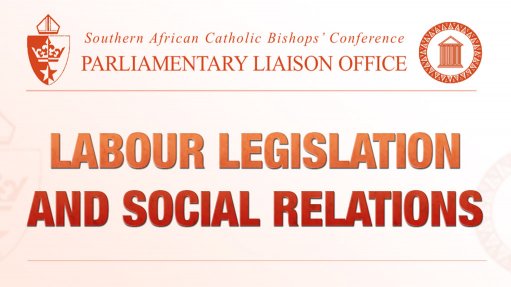
In May 1891, Pope Leo XIII released his momentous encyclical Rerum Novarum, addressing the conditions of work during the industrialisation of the world, and considering the rights and duties of labour and capital. What necessitated the Pope’s intervention was the escalating conflict between workers and business that was manifesting itself not just as labour unrest and social instability, but also as class warfare and even social and political revolution.
Over the past few years there has been a rise in the number and length of labour strikes in South Africa, and an associated escalation of violence that has led to the deaths of many people, with the fatalities at Marikana being the highest in a single strike since 1994. These deaths occur not simply at the hands of the police but also when workers kill other workers and – sometimes – police. Even though the violence and strikes in the mining sector have received the most attention, they have also been present in other sectors, such as the transport sector, which has also contributed to the increasing death toll, violence to persons, and the destruction of property associated with strikes.
Over the past few months new labour legislation has been going through Parliament, with the new amendments to the Basic Conditions of Employment Act 20 of 2013 recently signed into law. Though most legislation is directed to employers and employees, these latest amendments also directly affect individuals and groups that might not realise that they are acting within the ambit of the new law.
Written by Matsepane Morare SJ, Researcher, Southern African Catholic Bishops' Conference Parliamentary Liaison Office (CPLO)